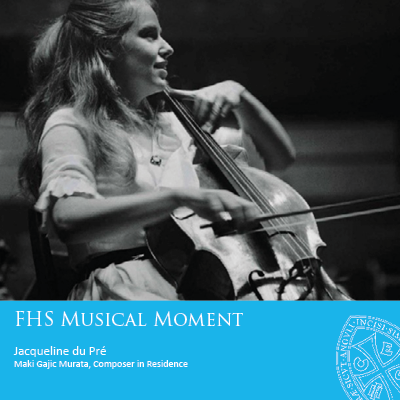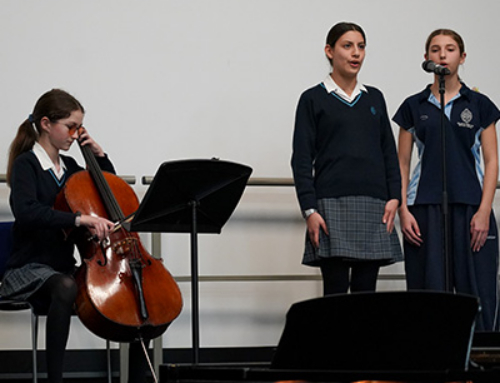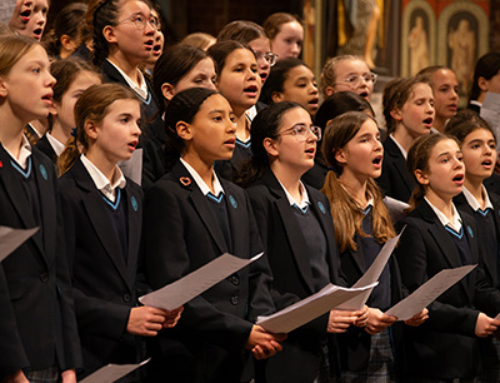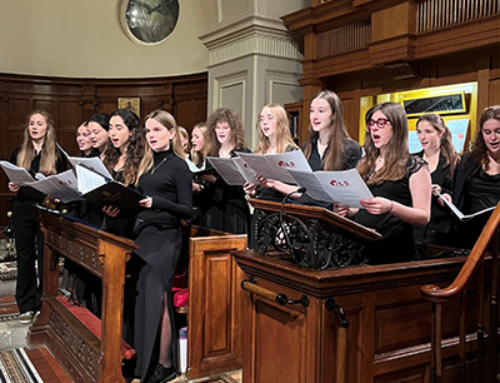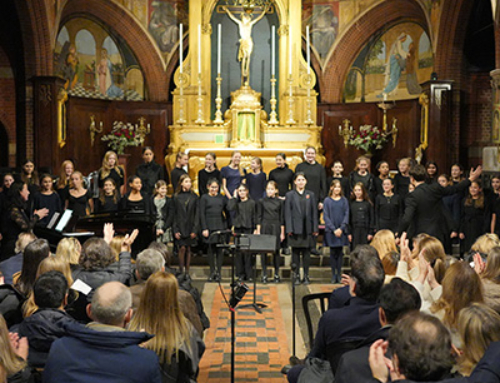Jacqueline Mary du Pré was a British cellist that achieved enduring mainstream popularity at an unusually young age. Despite having a short career, she is regarded as one of the greatest cellists of all time. Her career was cut short by multiple sclerosis, which forced her to stop performing at the young age of 28. She died 14 years later at the age of 42.
Du Pré studied at the London Violoncello School at the age of five (in 1950), but also went to Croydon High School at the age of 8 for her general education. Du Pré then went on to study at the Guildhall School of Music. Her parents eventually withdrew her from school as she fell behind school work, which resulted in her never taking a single GCSE (or a GCE as they were known as then).
At 16, in 1961, du Pré made her formal début at Wigmore Hall, London and then went on to famously début her first concerto – the Elgar Cello Concerto at the Royal Festival Hall the following year. Du Pré’s performance of the concerto was so popular, in fact, that she replayed the Elgar Concerto another several times at the BBC Proms and was a Proms favourite and returned every year until 1969.
In 1965, at the age of 20, du Pré recorded the Elgar Concerto with the LSO, which brought her international recognition. The recording became a benchmark for the work, and one which has never been out of catalogue since its release. A year later, du Pré studied in Russia with Mstislac Rostropovich (another world-renowned cellist) who was impressed with her that he declared her ‘the only cellist of the younger generation that could equal and overtake [his] own achievement.’
Du Pré’s friendship with musicians such as Yehudi Menuhin, Itzhak Perlman, Zubin Mehta, Pinchas Zukerman, and marriage to Daniel Barenboim led to many memorable and historical chamber performances.
Du Pré met pianist and conductor Daniel Barenboim in London in 1966 and were considered the golden couple in the music industry during the late 60s and early 70s, with their extensive performing and recording collaborations being ranked as some of the finest of their time.
In 1971, du Pré’s playing declined as she began to lose sensitivity in her fingers and other parts of her body. She was diagnosed with multiple sclerosis in October 1973 when her condition became very severe. Her last public concerts took place in New York in 1973 – by that time du Pré recalled that she had problems judging the weight of the bow, and just opening the cello case had become difficult. Since du Pré had lost sensation in her fingers, she had to coordinate her fingering visually.
Du Pré died in London on 19th October 1987 at the age of 42 and is buried in Golders Green Jewish Cemetery. There is a blue plaque celebrating her memory at her former home, 27 Upper Montagu Street, Marylebone.
Jacqueline du Pré was such an incredible young cellist of her generation, and she is an inspirational role model for all cellists and musicians. Her perseverance and resilience demonstrated during her final years of performing is incredible and her love and passion for music and cello-playing is certainly something to aspire to.


